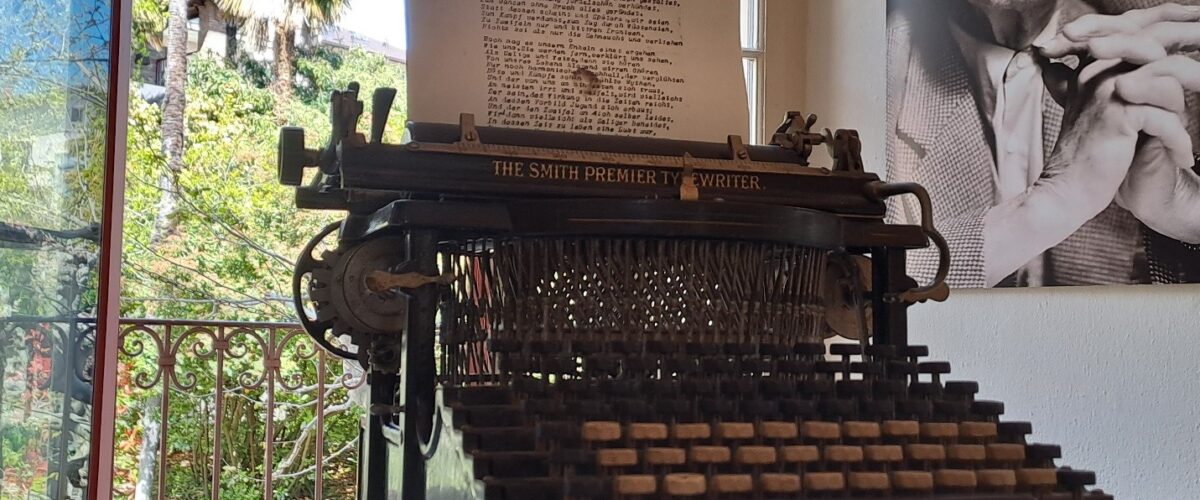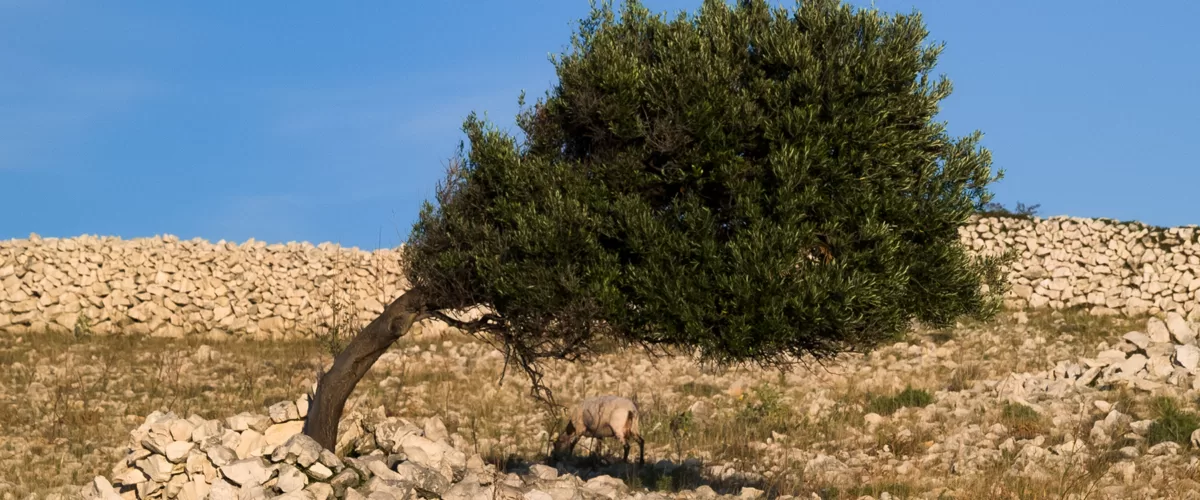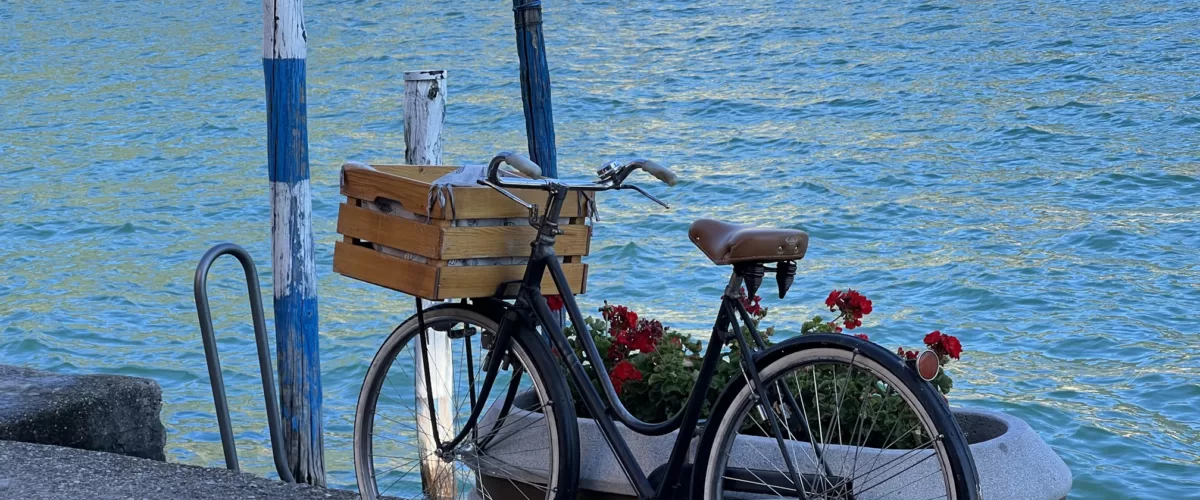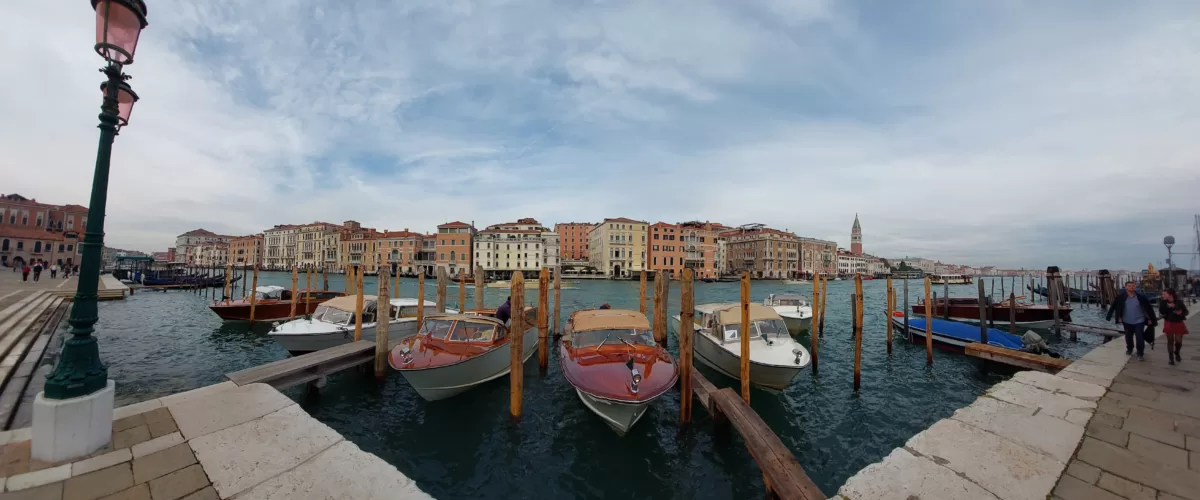For better implementation of the project idea a consortia was established between partners from four countries that share common interest, making the proposed idea a cooperative and collaborative effort of a multinational team. This will help in broadening the impact of the project to the widest global audience, particularly for everyone interested in the cultural heritage and tourism in Europe.
Taking into account that in 2018 EU had 710 million tourist visits and that numbers will rise again after the Covid-19 pandemic the potential of this project is obvious. Although it is not possible to anticipate the situation with pandemics in the following years, the project results, particularly the planned application for new travel routes in Italy, Slovenia, Croatia and Serbia, will be useful even under lock-down situation, as it will be used for future planning of trips, education and entertainment.
Among the participating partner countries Italy is a major European travel and tourist destination, while Croatia, Slovenia, and Serbia have been fast-growing tourist destinations before Covid-19 pandemic. Project’s objectives and aims are not enclosed within the geography or borders of the four countries, and are easily replicable in other countries and regions in Europe, particularly because of the global rise of the traveling and tourism. The potential for cross-border cooperation has well-established roots in the previous activities and projects in partner countries.
Project partnership is based on professional contacts built from the past activities, and mutual expertise and interest of the project partners. Project partners altogether have rich experience in the EC projects and other projects involving multinational teams and diverse groups of experts. The partners and associated partners share keen interest in connecting multicultural heritage related to the project’s topic with the contemporary cultural and artistic production, in an effort of producing new ways of disseminating this information to end-users through modern technologies and platforms. Partners and associated partners also share interests in providing means of cross-sectoral and inter-cultural cooperation among heritage and cultural professionals, artistic collaboration, as well as enhancing cultural tourism in partners’ countries.
Partners in the project are the Serbian Library Association (coordinator), ICARUS Croatia, National and University Library Slovenia, and UNINA-Centro MUSA (Musei delle Scienze Agrarie) of the Federico II University of Naples (beneficiaries).
The project has also three associated partners from Serbia (Biblioteka Matice srpske), Croatia (Knjiznica grada Preloga) and Italy (ICARUS Italy).












